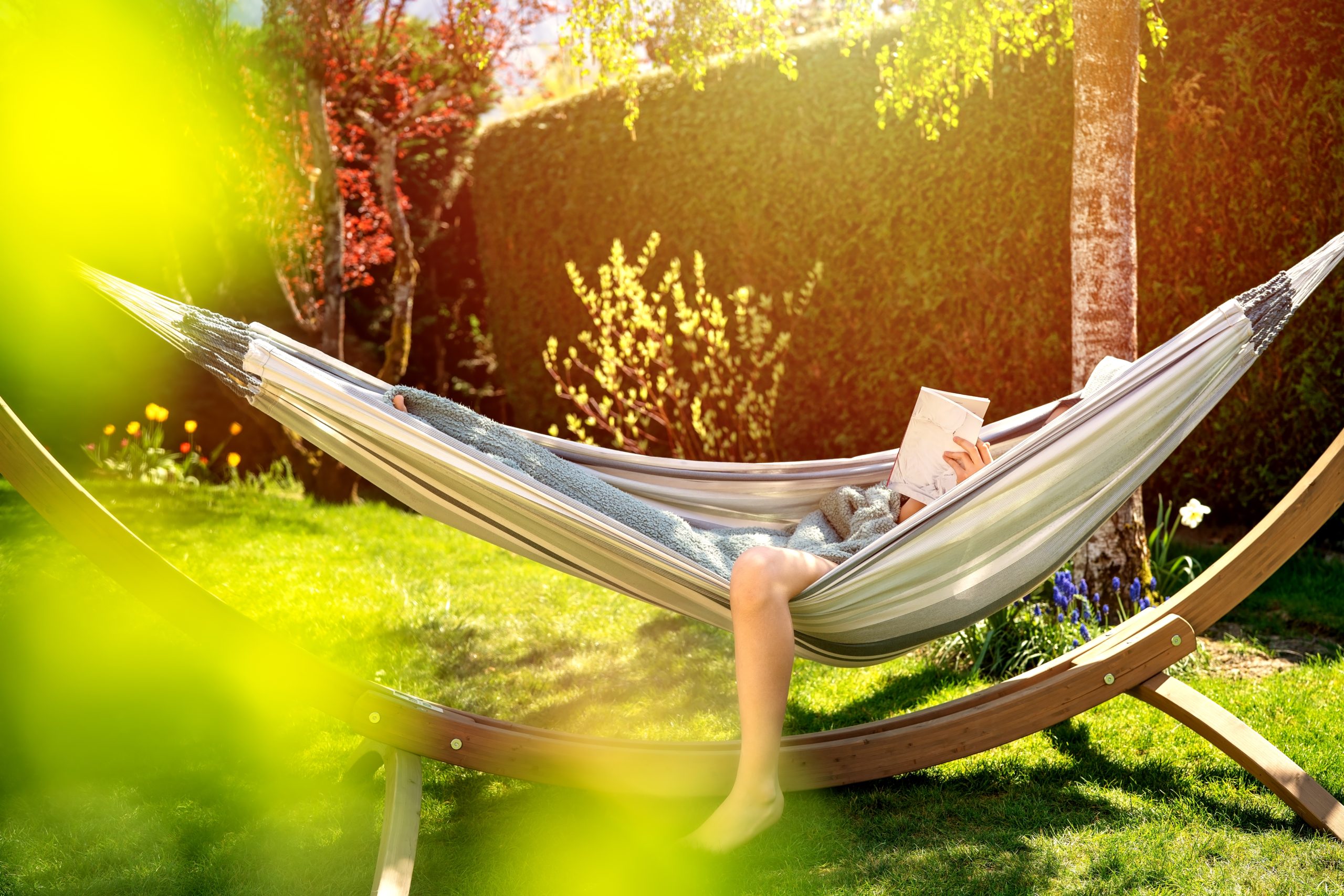Feeling Nervous About This Summer?
Practise Mindfulness and See How It Can Help!
The Summer sun is setting in and Spring is hopping out. Many are eager to get outdoors, enjoy the weather, and set out to do everything they weren’t able to last year.
While it’s an exciting thought, I’m sure there’s a large number of people who are equally nervous about whether or not they’ll be able to accomplish everything they want to do.
However, that worry is what distracts us from what’s important.
Spending an abundance of time ruminating on what could happen distracts us from the things happening in our life right now.
It’s important to absorb and process your present self instead of focusing on how things could possibly change in the future.
When we take time to be aware of ourselves, and our own surroundings, we are engaging in the practice of mindfulness.
It’s a word that gets thrown around a lot these days, but…
What does it really mean to be mindful?
Today, the American Psychological Association(APA) defines mindfulness as “a moment-to-moment awareness of one’s experience without judgment.”
The practice of mindfulness today is rooted in Buddhism with its early concepts founded around 2600 years ago.
The goal of practising mindfulness is to observe the stream of inner thoughts, emotions, and bodily sensations as they freely flow through your mind.
Permit yourself to think without the intent of latching on to specific emotions, sensations, or ideas, but to identify how you feel as they come, and let them go.
Instead, simply experience what comes and goes in your mind and discover which mental habits produce a feeling of comfort or anguish.
As you become more comfortable with the widening range of your experiences over time; Mindfulness can unlock the door to greater happiness and self-awareness within.
“By letting go it all gets done. The world is won by those who let it go. But when you try and try, the world is beyond winning.”
~ Lao Tzu
Meditation does help, but it’s not required.
Understandably, for many, the thought of trying meditation is beyond their usual comfort zone.
How can you tell if it’s working?
Thankfully if you’re uncomfortable at the thought, it doesn’t take sitting quietly cross-legged with your hands on your knees and your eyes shut for extended periods of time.
Another Way To Cultivate Mindfulness
By focusing your attention on your moment-to-moment sensations during everyday activities, you can casually cultivate mindfulness in a way that won’t obstruct most of your normal activities.
This is achieved through single-tasking: The method of doing one thing at a time and devoting your full attention to it.
As you floss your teeth, pet the dog, or eat an apple, slow down the process. Take your time and be fully present, involving all of your senses.
Practices such as Yoga, Tai Chi, and Qigong also promote the cultivation of mindfulness; results uncovered by the APA regarding the benefits of mindfulness, both physically and mentally, may persuade you to give it a try…
Their research identified these 7 benefits:
- Reduced rumination
- Stress reduction
- Boosts to working memory
- Improved focus
- Reduced emotional reactivity
- Higher cognitive flexibility
- Relationship satisfaction
Practice mindfulness meditation at home. Here’s how:
1) Sit on a straight-backed chair or cross-legged on the floor
2) Focus on an aspect of your breathing, such as the sensations of air flowing into your nostrils and out of your mouth, or your belly rising and falling as you inhale and exhale.
3) Once you’ve narrowed your concentration in this way, begin to widen your focus. Become aware of sounds, sensations, and your ideas.
4) Embrace and consider each thought or sensation without judging it good or bad. If your mind starts to race, return your focus to your breathing. Then expand your awareness again.
Just remember that you can’t fail at meditation, you can only get better at it. Don’t beat yourself up if your mind wanders, it’s part of the process, just focus back on your breathing again.
Does mindfulness actually work?
In one study that compared one group of people assigned to an eight-week mindfulness-based stress reduction(MBSR) group with a control group…
Those in the mindfulness group “had significantly less anxiety, depression and somatic distress compared with the control group.”
Additionally, when exposed to negative media, “the mindfulness group had less neural reactivity,” and “they displayed distinctly different neural responses while watching the films than they did before their mindfulness training.”(1)
Sit back, relax, and take a few deep breaths…
You may be surprised by how much it helps.
These types of mindfulness and meditation exercises are great methods for cultivating and nurturing Shen, one of your Three Treasures of Immortality.
It is our mental, emotional, and spiritual well being, as well as our connection to our higher self. Shen is housed in the Heart and provides us with feelings of peace, calm, and serenity.
It gives us a proper perspective on our life and our place in the universe.
There are numerous ways for someone to cultivate Shen, meditation being one of many. But you can also nourish Shen through exercise, hobbies, and balancing your diet.
Tonic herbs also hold great potential for nourishing and expanding your Shen energy!
To learn more about how tonic herbs help to keep you calm and put a smile on your face, have a look at our Shen collection.
Be well,
Dr. George
References:


![[Recipe] This Favorite Autumn Dessert Has A Shen Expanding Spin!](https://jingherbsblog.com/wp-content/uploads/2021/10/homemade-pumpkin-pie-for-thanksigiving-2021-08-26-16-20-19-utc-scaled-e1634855123921-500x383.jpg)





